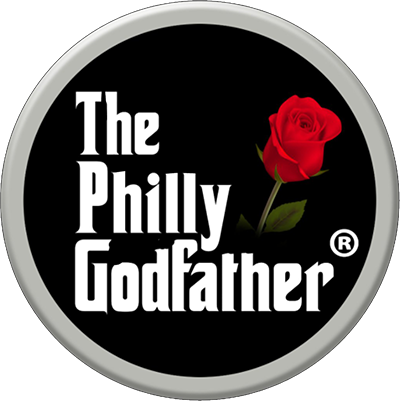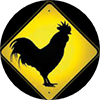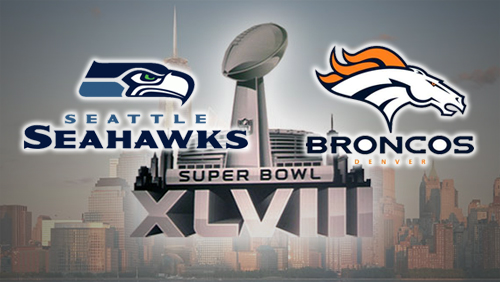Odds are Las Vegas will never play host to a Super Bowl.
That’s fine, because our city stages the game within the game on an annual basis. The NFL can try to deny the role gambling has played in making it the country’s most popular sports league all it wants, but it’s a futile exercise this time of year.
Prognosticating the Super Bowl through the lens of the betting line is as much of a tradition as debating quarterbacks and judging commercials. And the topic is most enveloping locally, where everyone seems to have an opinion.
To usher in the 48th straight year of betting on the Super Bowl, here are 10 facts on the history of the betting line on the big game.
- Just because it’s for a championship doesn’t mean it’s one of the more evenly matched games of the year. On the contrary, the average Super Bowl spread over a near half-century sample is 7.5 points. That’s a safety higher than the mean regular-season point spread of 5.5 points during the past five years.
- The favorite has gone 26-19-2 against the spread throughout Super Bowl history. Eight times the betting underdog has won the Super Bowl outright. That means the team Super Bowl oddsmakers rate as superior has won 72 percent of the time.
- The betting favorites’ dominance in the biggest game of the year is beginning to regress, however, as the underdog has won outright in four of the past six years and covered without taking the victory in a fifth. The former group includes each of the past two champions, as the Baltimore Ravens were plus-4.5 against the San Francisco 49ers last year while the New York Giants got 2.5 points versus the New England Patriots in 2012.
- New York Jets quarterback Joe Namath’s fabled guarantee that his team would beat the Baltimore Colts before Super Bowl 3 continues to hold ground 45 years later. The Jets remain the biggest underdog, at plus-18, to ever win the Super Bowl by beating the Colts 16-7.
- The largest spread in Super Bowl history was a half-point higher than Namath’s, though. The San Francisco 49ers gave 18.5 points against the San Diego Chargers in 1995’s Super Bowl 24. The 49ers were covering by the second quarter and cruised to a 49-26 victory.
- The 49ers’ blowout win was one of only two times in the past 20 years that Nevada sports books lost money on the Super Bowl. The more famous occasion came in 2008 when bettors took the 12-point underdog New York Giants to depose the undefeated New England Patriots straight up at odds as high as 5-to-1. The Giants’ stunning 17-14 victory handed casinos a record $2.57 million loss statewide.
- Well, that’s the record since the Gaming Control Board started keeping track. Veteran bookmakers will still say Super Bowl 13 in 1979 was the worst ever, referring to the scenario as “Black Sunday.” The Pittsburgh Steelers opened at minus-4.5 but were bet down to 3.5 against the popular Dallas Cowboys. They ended up winning 35-31, meaning sports books had to pay off both early Cowboys bets and late Steelers money.
- The record for sports books’ most profitable Super Bowl came in 2005 when the New England Patriots beat the Philadelphia Eagles 24-21 but failed to cover the 7-point spread. Casinos pocketed $15.43 million that year, or 17 percent of the $90.76 million betting handle.
- The $98.93 million wagered in Nevada on last year’s game was the most in the history of the Super Bowl. The uptick snapped a seven-year drought sports books endured without setting a new high mark.
- The 49ers may have failed to win or cash last year, but the franchise owns the most lopsided cover in Super Bowl history for its work in 1990. The 49ers gave the Broncos 12 points, which proved not nearly enough in a 55-10 fleecing.
- Over/under point totals have posted significantly more balanced results than the spread in the Super Bowl. In 47 games, the over has come in 24 times to the under’s 23. The two have alternated in each of the past six years, with the over 48 cashing in last year’s 34-31 thriller.
This is a reprint from lasvegassun.com. To view the original, click here.







